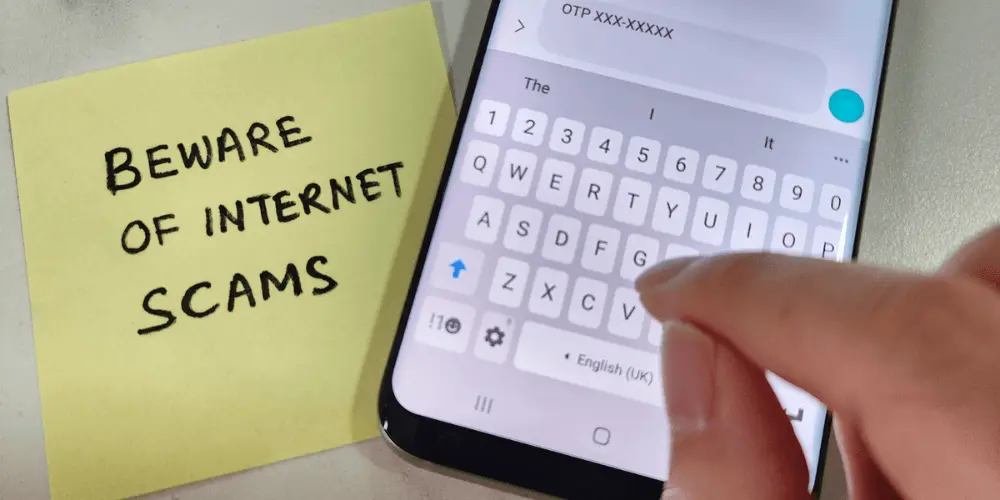⚠ Important Notice: We provide services only to clients residing in the United States ⚠

Being targeted by a loan scam can be stressful and damaging, but you are not alone, and there are clear steps you can take to recover. Many scammers use fake loan offers to trick people into paying upfront fees or sharing personal data. If this happens to you, it’s important to act fast and follow the right steps to report the crime, protect your credit, and prevent further harm.
Scams often begin with too-good-to-be-true promises, such as guaranteed approval or same-day funding with no credit check. You may be asked to submit fees before receiving anything or be rushed into decisions.
Red flags include:
Once you suspect fraud, stop contact immediately. Call your financial institution to secure your accounts and explain the connection to the scam. Then review your individual consumer reports through AnnualCreditReport.com. Consider a credit freeze if needed to prevent future misuse.
Learn more about spotting fraud in 4 Home Equity Scams You Need to Avoid.
Start documenting everything that happened. This narrative will help you file accurate reports with multiple agencies. Include:
File a police report with your local department. While law enforcement authorities may not launch an investigation, having a report on file is important. Ask for a copy for your records, especially if you need to provide proof to creditors or insurance.
Then, report the scam to the Federal Trade Commission at reportfraud.ftc.gov and the Consumer Financial Protection Bureau. These agencies collect reports, identify trends, and may help guide you through resolving disputes tied to fraudulent business practices.

If the scam occurred online—such as through fake ads, fraudulent loan websites, or phishing emails—file a complaint with the Internet Crime Complaint Center (IC3) at ic3.gov. The IC3, run by the FBI, works with federal and other law enforcement authorities to investigate online fraud.
Your IC3 complaint should include:
This report will enter a secure online database, where agencies use patterns and digital markers to find larger fraud networks.
Many loan scams lead to identity theft, especially if sensitive data was exposed. If you gave out your Social Security number, birthdate, or account info, take these steps:
Also consider how much of your data was compromised. Ask yourself, how much personal information did the scammer receive? Even small pieces—like your address or employer—can be misused in legal process scams or phishing attacks.
The FTC’s tools also explain how to deal with creditors, challenge false entries, and assert your rights under the privacy act system notices and other laws designed to protect consumers.
Once you’ve reported the incident and protected your identity, take time to prepare for future threats. Many scammers adjust their tactics quickly and begin targeting new victims through different methods. Focus on strengthening your long-term defenses.
Here are smart ways to prevent future attacks:
Also, review your digital habits. Avoid clicking on suspicious links and never give sensitive data over unsecured channels. Shred sensitive mail and opt out of unnecessary data-sharing whenever possible.
For long-term peace of mind, consider nonprofit services like credit counseling to help you regain control of your finances. At Credit.org, we offer personalized assistance and free education to help people recover from financial hardship.
You can also learn about protections under consumer credit laws by reading Consumer Credit Acts and Laws to Protect You and reduce future risk with 11 Tips for Avoiding Predatory Lending.
If you need help to resolve individual consumer reports, respond to debt collectors, report to the federal trade commission, contact us today for debt counseling or a credit report review.
